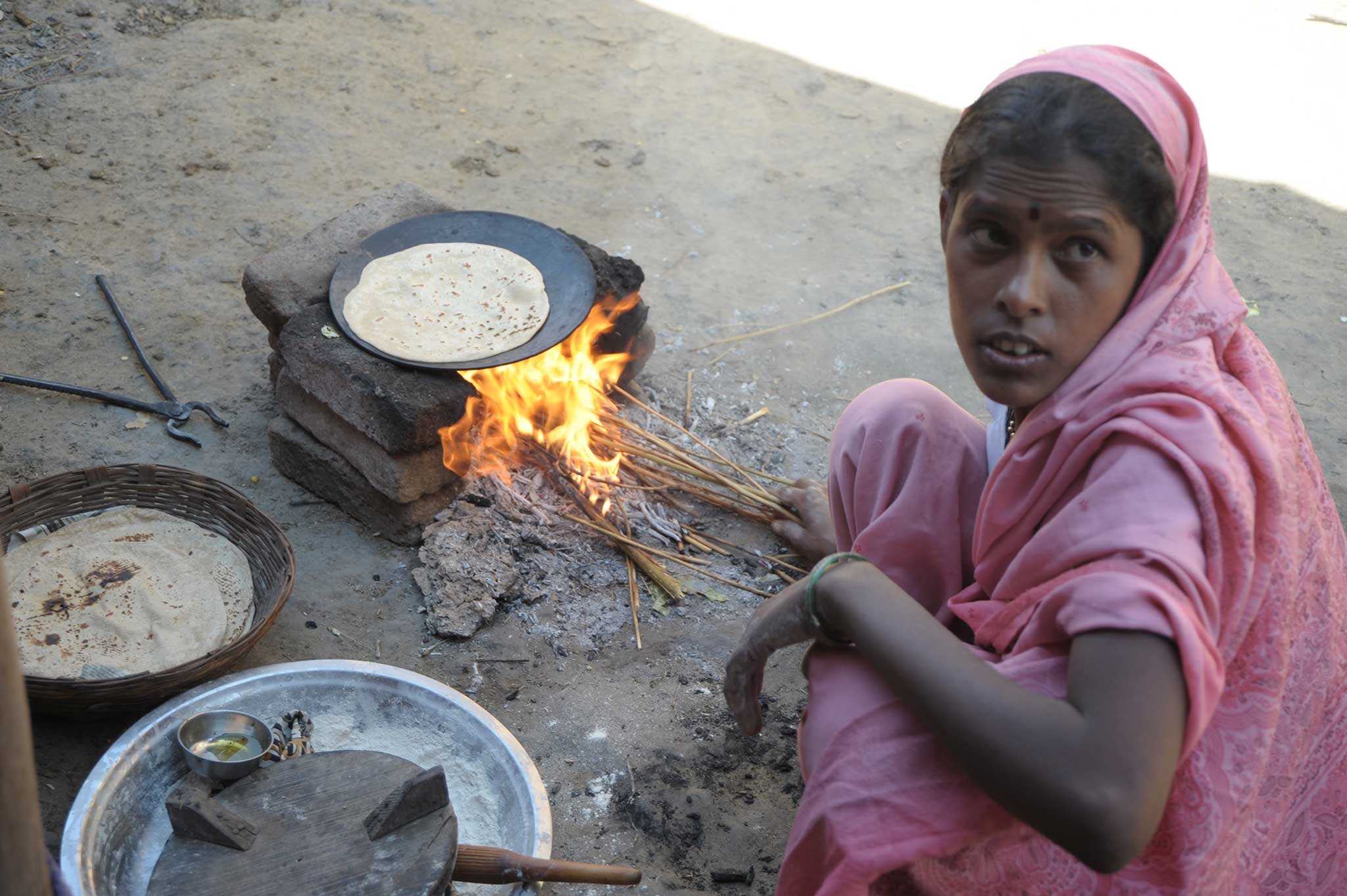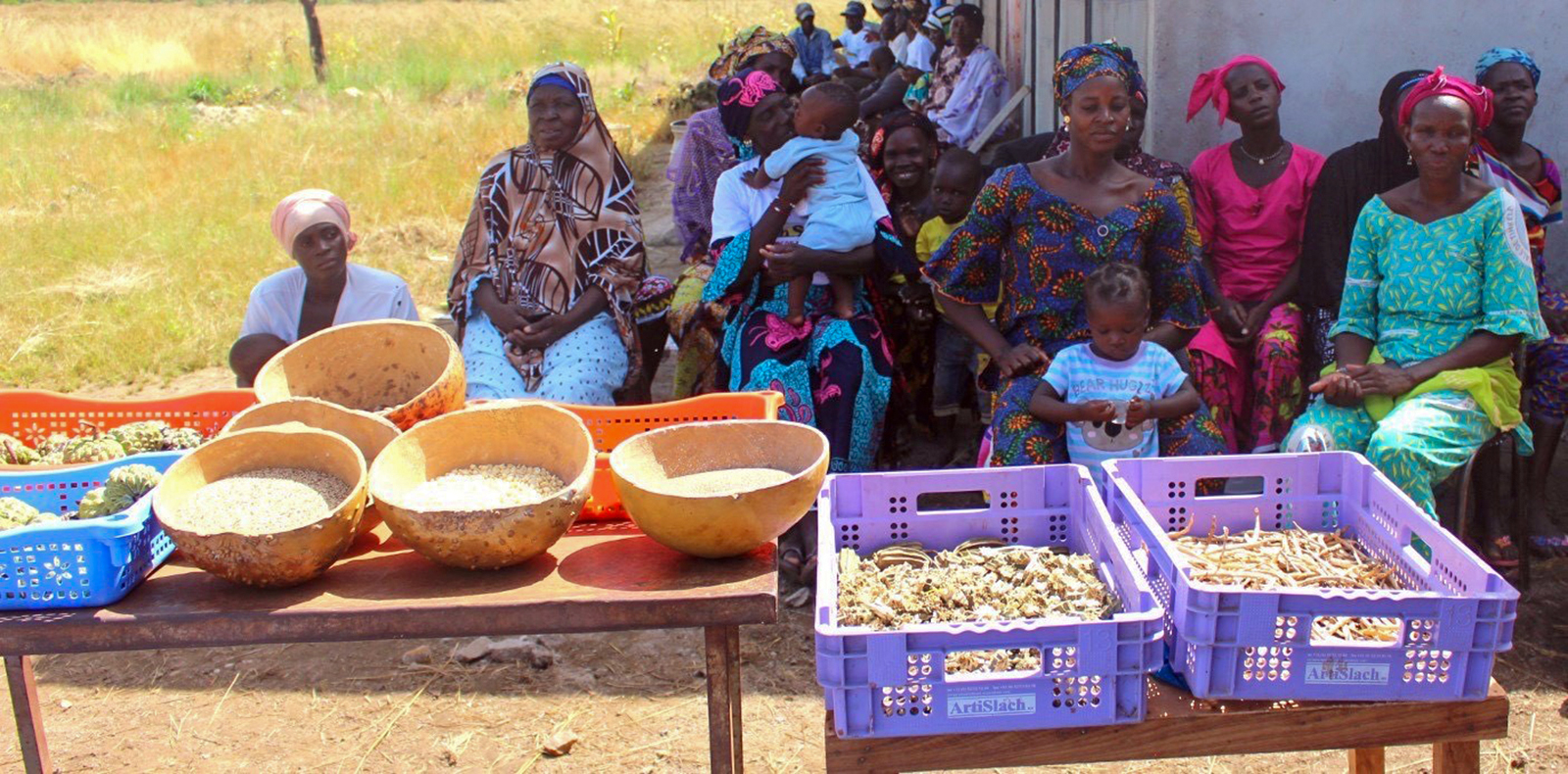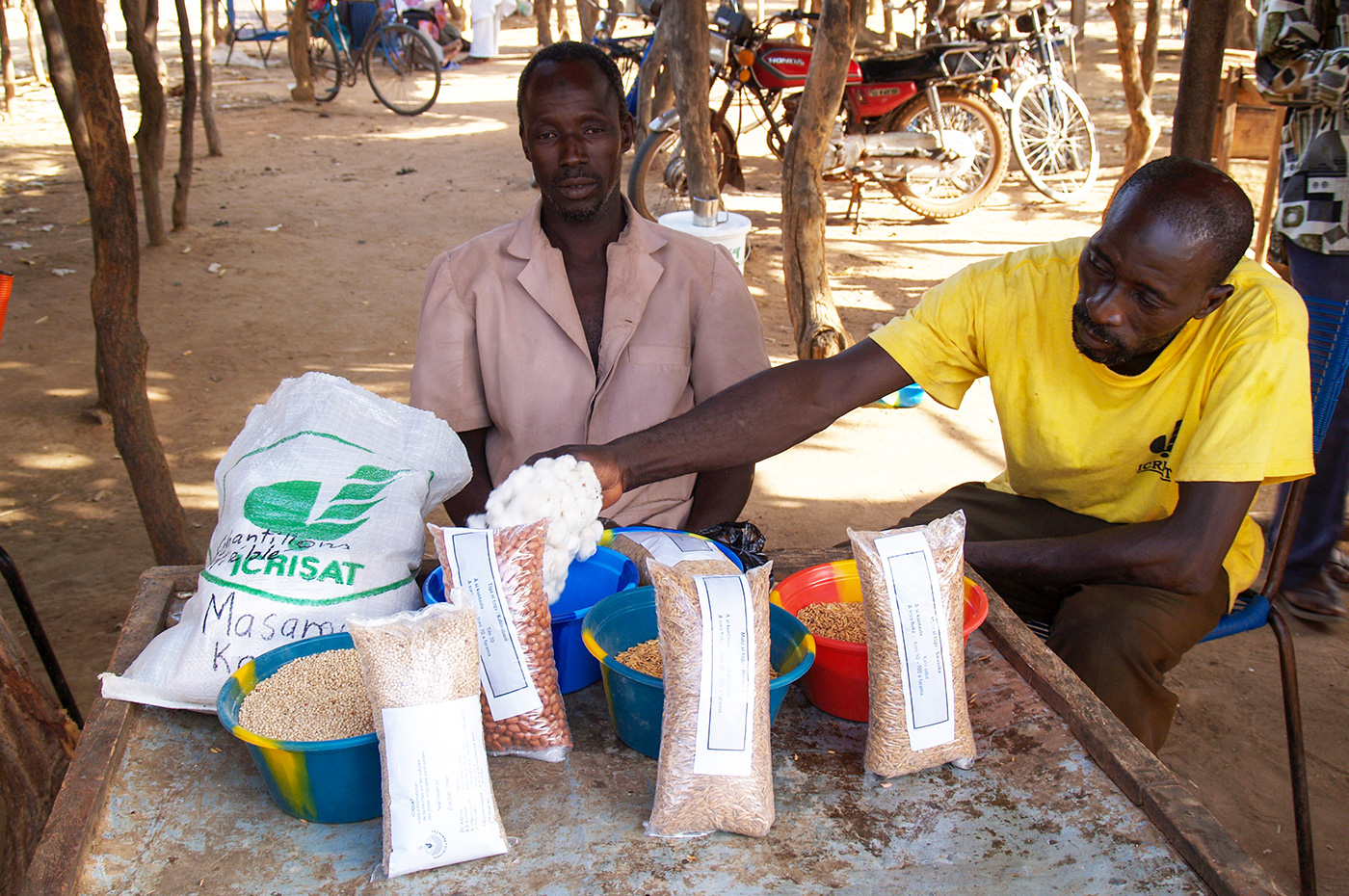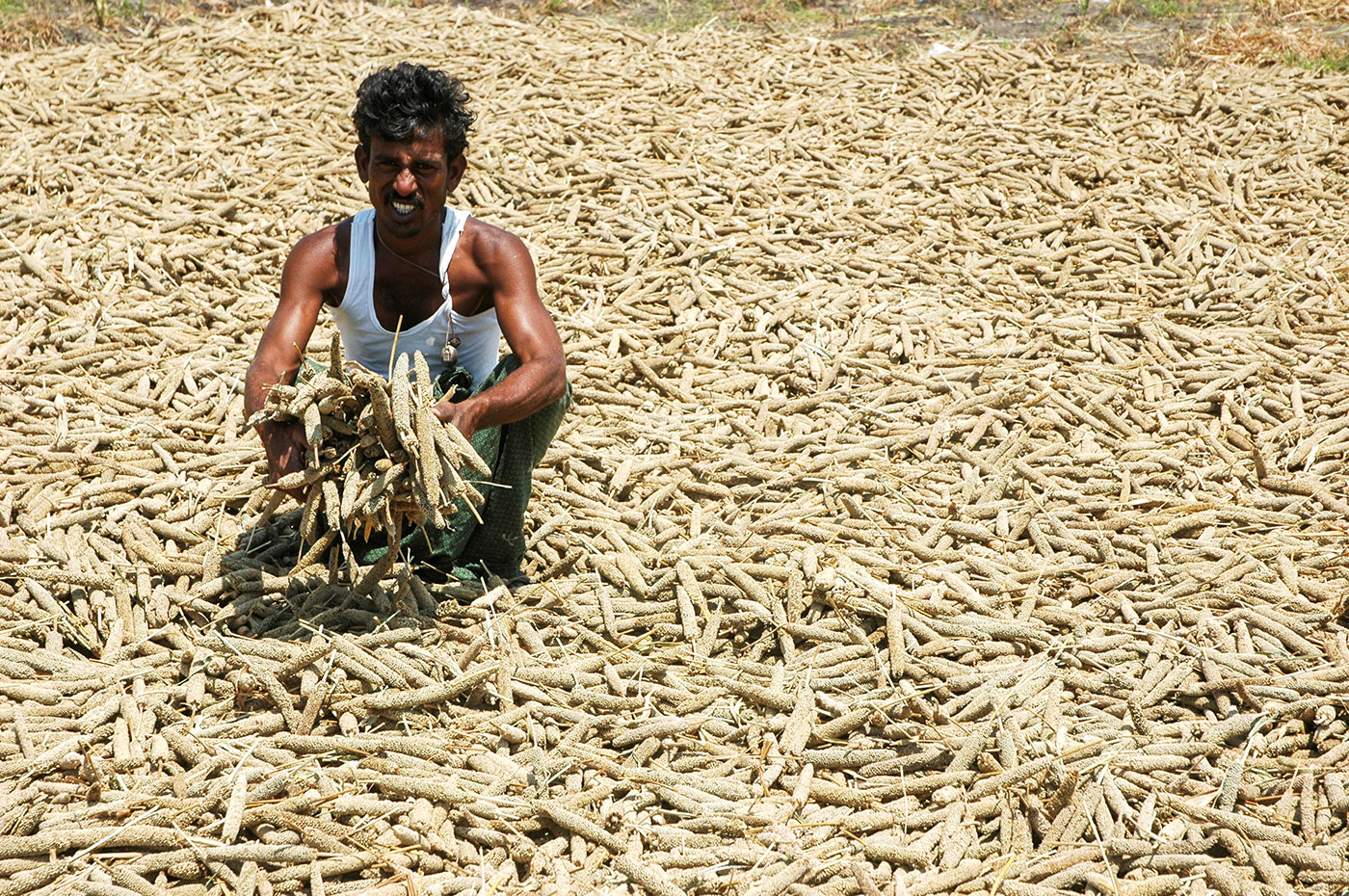
We are steadfast in our commitment to achieving Sustainable Development Goal 1 (SDG 1): No Poverty, by working towards alleviating poverty and improving livelihoods in the drylands of Asia and Africa.
Our efforts encompass extensive research and development of crucial crops such as chickpea, pigeonpea, groundnut, sorghum, pearl millet, finger millet, and other small millets that play a transformative role in the lives of smallholder farmers.
Enhancing Food and Nutrition Security: ICRISAT's research focuses on developing and disseminating improved varieties of drought-resistant and nutrient-rich crops suited to the semi-arid regions of Asia and Africa. Chickpea, pigeonpea, groundnut, sorghum, pearl millet, finger millet, and small millets are vital sources of nutrition for millions of people in these regions. By promoting the cultivation and consumption of these crops, ICRISAT contributes to enhancing food and nutrition security, reducing malnutrition, and improving the overall health of communities.
Increasing Farm Productivity and Income: Smallholder farmers in the drylands face numerous challenges, including water scarcity, erratic weather patterns, and limited access to resources. ICRISAT's research and breeding programs aim to develop climate-resilient and high-yielding crop varieties, tailored to thrive in the harsh agro-climatic conditions of the drylands. By providing farmers with improved seeds, sustainable agricultural practices, and knowledge transfer, we empower them to achieve higher yields and, consequently, increased income levels.
Empowering Women Farmers: Women play a crucial role in agriculture, particularly in the drylands. ICRISAT is committed to empowering women farmers by providing them with equal access to resources, training, and improved agricultural technologies. Through our efforts, we strive to enhance the economic status of women, enabling them to contribute more effectively to their families' well-being and breaking the cycle of poverty for future generations.
Climate Resilience and Adaptation: Climate change poses significant challenges to agriculture in the drylands. ICRISAT's research focuses on developing climate-smart agriculture techniques, such as water-efficient irrigation systems, drought-tolerant crop varieties, and sustainable land management practices. By promoting climate resilience and adaptation, we help farmers better cope with the impacts of climate change, safeguarding their livelihoods and reducing the risks associated with poverty.
Strengthening Agricultural Value Chains: ICRISAT collaborates with various stakeholders, including governments, private sector partners, and market actors, to strengthen agricultural value chains. By facilitating access to markets, improving post-harvest handling, and promoting value addition, we enable farmers to secure fair prices for their produce and create opportunities for additional income generation.
Knowledge Sharing and Capacity Building: ICRISAT actively engages with farmers through training programs, farmer field schools, and extension services. By sharing knowledge on sustainable agricultural practices, crop management techniques, and market-oriented approaches, we empower farmers with the skills and knowledge they need to improve productivity, income, and overall well-being.

All of ICRISAT’s research pivots around increasing and sustaining smallholder farmers’ incomes whilst conserving natural resources. Pilot watershed projects led by ICRISAT in South Asia and Africa provide proof of success for doubling farmers’ incomes.
Africa

Farmers in Mali reaped as much as 20% net benefit increase from contour bunding and sorghum production.
Asia

In a span of 4-5 years, ICRISAT's efforts on watershed management has increased the average annual household income from USD 641 to USD 1797 in the drylands of Bundelkhand, India.
The adoption of improved, high-yielding varieties of pigeonpea, groundnut and chickpea has resulted in over 40% higher grain yields and profitability for farmers in the Central Dry Zone of Myanmar.